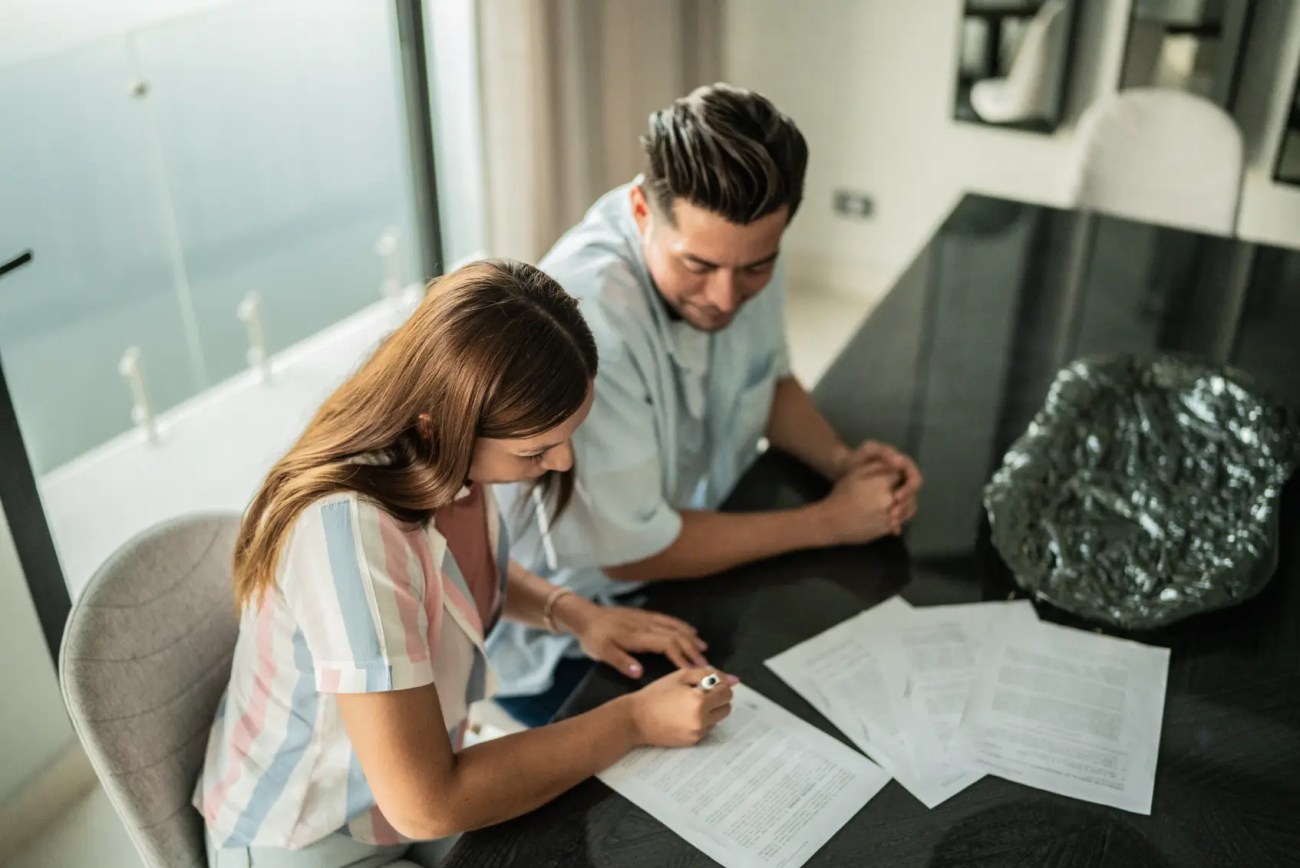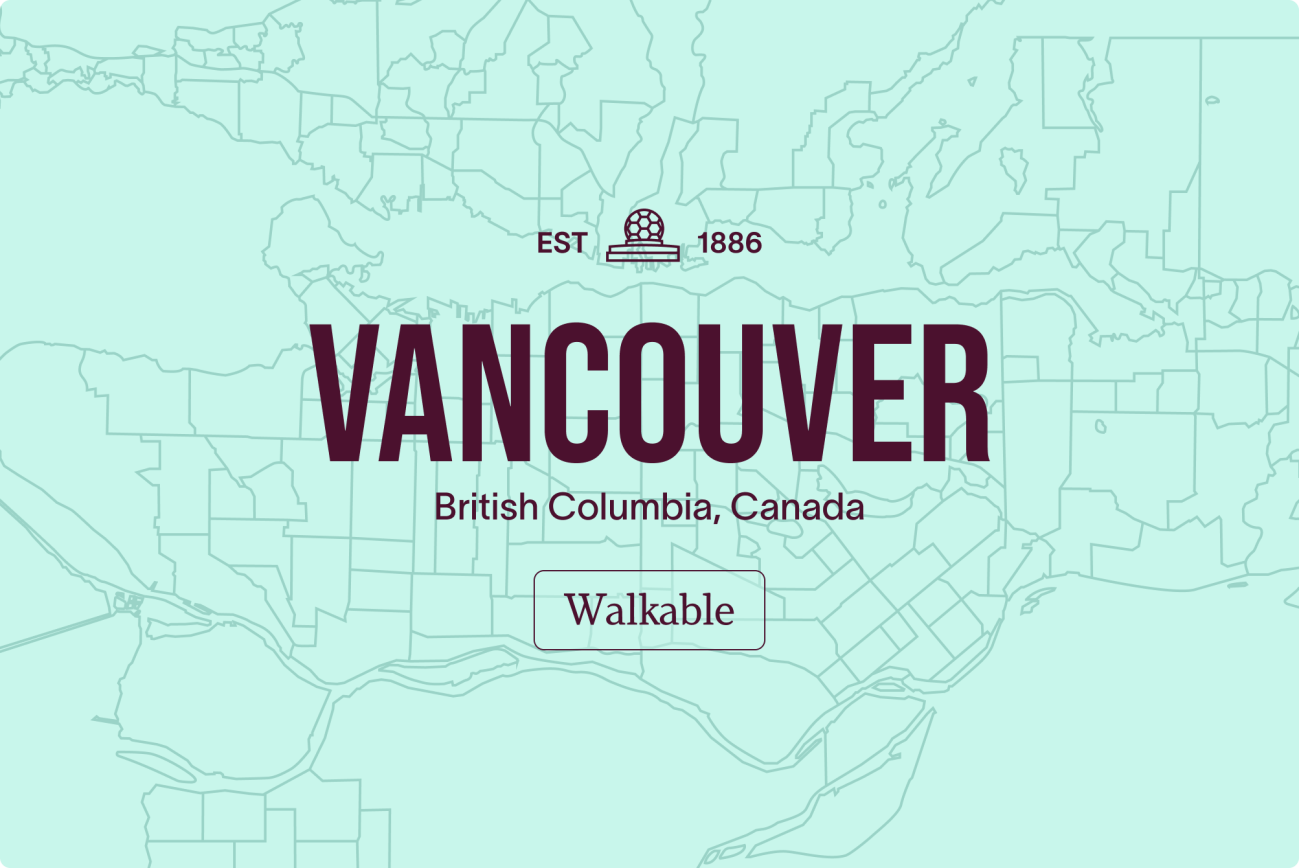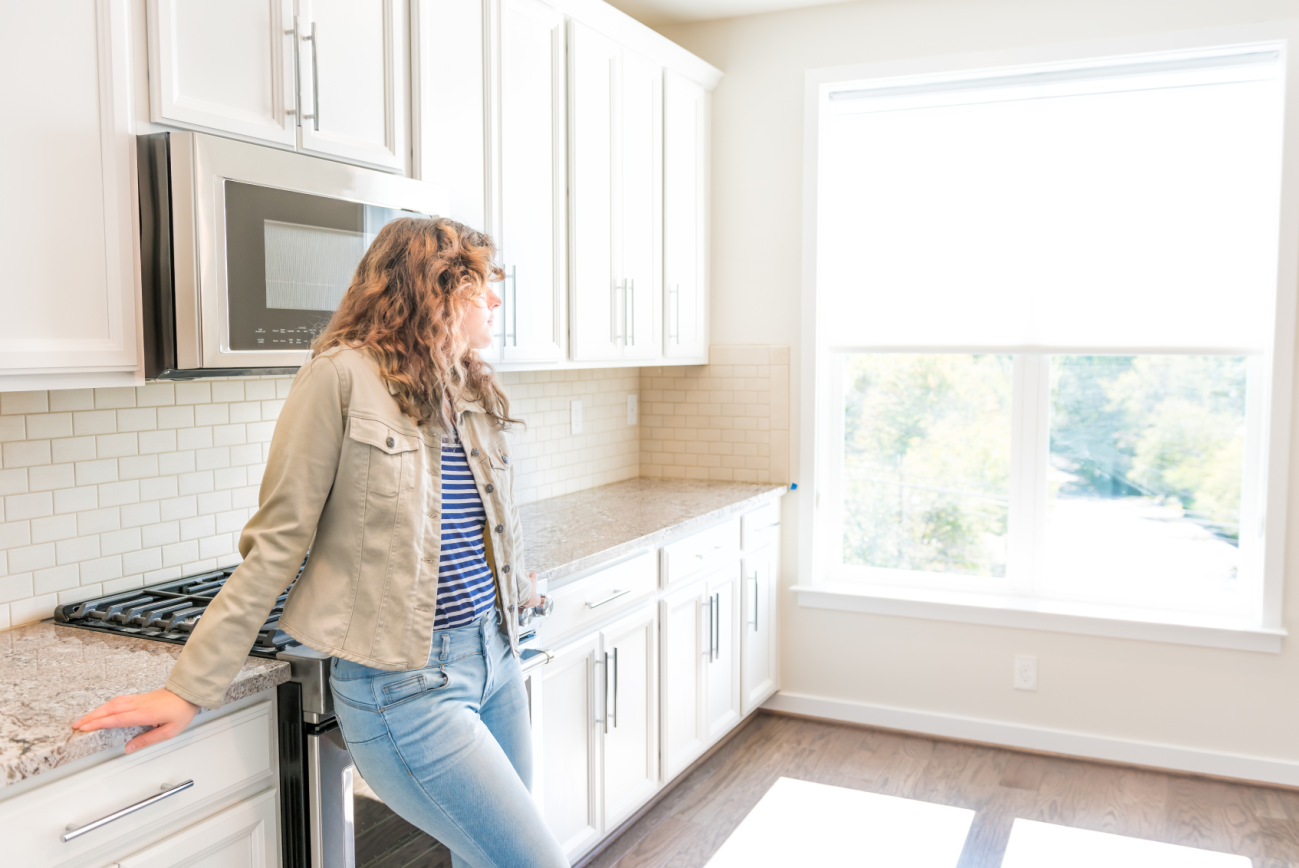Closing on a house is the exciting final stretch of your homebuying journey, but there are still a few steps to complete before the deal is done. Understanding the home closing process, including the time and money involved, will allow you to anticipate what’s next and plan ahead before you finally get your hands on the keys of your new home.
What is a home closing?
Closing refers to the last step in a homebuying transaction when the deal is finalized and the buyer takes legal possession of the property from the seller.
By closing day, all outstanding fees are paid off, the buyer’s funds are delivered to the seller and the documents are signed by both the buyer and the seller so ownership of the property title can be transferred.
What are the steps of the home closing process?
The closing process may vary slightly by province, but in most cases, buyers can expect the following steps after an offer has been accepted:
- The buyer’s real estate agent sends the closing documents to the mortgage broker or seller, including the purchase and sale contracts.
- The buyer’s lawyer prepares the documents related to the home purchase and mortgage, which the buyer reviews and signs.
- The buyer (or the buyer’s lender, if there’s a mortgage) provides their lawyer with a bank draft of the total sum of funds required to close on the house, including the remaining down payment, land transfer tax and closing costs.
- The buyer’s lawyer then confirms the correct amount has been received and verifies all the paperwork, including ensuring that the correct insurance is in place.
- The lawyer then registers the purchase with the Land Title Office to transfer ownership to the new buyer and register the mortgage for the lender.
- The seller receives the funds from the sale, minus their mortgage balance and any closing costs which need to be paid off, like commissions or legal fees.
What is the final walk-through when closing on a house?
As part of the purchase agreement, your real estate agent will likely recommend a pre-possession visit as one of the conditions. These final walk-throughs take place prior to closing day and allow you to revisit the home for a final time to inspect the property and check that everything, including the home’s appliances, is in the agreed-upon condition. By doing this ahead of time, you can then ensure that your agent and lawyer are made aware of any issues, so they can be repaired before you close on the house.
How long does closing on a house take?
Once you’ve had an offer accepted, the home closing process can take anywhere between 30 and 90 days to complete, depending on several variables.
How much are closing costs on a house?
Most closing costs are the responsibility of the buyer and are typically between 1.5% and 4% of the sale price. So if you were buying a $500,000 home, you can expect the closing cost to be somewhere between $7,500 and $20,000, in addition to your down payment.
The amount of closing costs you pay will be dependent on a number of factors, including how you secure your funding, the province you’re in and whether you’re a first-time buyer. When you pay for a home for the total sale price without borrowing any money, this is called a cash buy and you will not be subject to interest rates and some other fees.
However, for such a large purchase most buyers will require a lender to provide a mortgage, the amount for which you will have been pre-approved. Some lenders will offer rebates on mortgages and so it’s always worth shopping around for one. The amount you pay will also depend on how much you are borrowing, so a cheaper home with a larger down payment, will mean lower closing costs. You should try to choose your lender as far in advance as possible and provide your lawyer with the details so they can make the necessary arrangements ahead of time.
Before closing day, your lawyer will provide a statement of adjustments, which details the total closing costs required for the deal to be finalized. These closing costs often include legal fees, title insurance, property taxes, home inspection and appraisal fees. There is also the Land Transfer Tax, which is a percentage of the sale price that will vary by province. However, if you’re a first-time homebuyer you may be exempt from paying this tax and your lawyer will be able to advise if there are any other rebates or incentives you may be entitled to, so make sure you ask.
If you’re buying a new construction home, you won’t pay Land Transfer Tax, but you will have to pay GST or HST on the sale price. In some cases, the developer will include this cost in the sale price, so it can be financed with your mortgage. Otherwise, the tax will have to be paid as part of your closing costs.
If you are paying less than 20% in a down payment then your mortgage will be insured by Canada Mortgage and Housing Corporation (CMHC), which protects the lender if the borrower defaults on their payments. Typically, the insurance premium is included as part of the mortgage financing, but the buyer will still have to pay provincial sales tax on the CMHC premium.
Before closing day it’s important to speak to your agent and your lawyer to ensure you understand all the closing costs you owe and have the total funds available to cover them.
What documents do I need when closing on a house?
Your lawyer and real estate agent are there to guide you through the home closing process, including gathering and verifying the correct documents for closing. If possible, it can be helpful to get as much of your paperwork done before closing day. This will give you more time to review and ask any questions you have about finalizing the purchase.
On closing day, you’ll need to bring a cashier’s check or proof of wire transfer for the total amount of your closing balance, as outlined in the statement of adjustments. You should also bring two pieces of ID, your SIN number and proof of property insurance.
On the day, it’s important to review all the documents thoroughly and make sure all the information is correct. You also want to read through all the fees and rates outlined in the paperwork and confirm anything you’re unsure of with your lawyer.
How do I pay closing costs in the home closing process?
Prior to closing day, your lawyer will inform you of the total funds you owe, including the down payment, sale price and all the closing costs in the statement of adjustments. These funds are then paid to your lawyer when you sign the mortgage registration documents. Your lawyer is then responsible for verifying the amount, confirming the documents are correct and then disbursing the funds on closing day to the relevant recipients, including the seller, the real estate agent and any third-party service providers.
What happens at the end of the home closing process?
You will take possession and get the keys to your new home after the seller receives the funds and closing has completed. This may be on the day of closing or a few days after. You can always check the specified day and time of your possession in your contract of purchase and sale.
Your agent will usually receive the keys on your behalf, which you can collect from them directly or they may meet you there.
If you haven’t done so already, it’s advisable to arrange your movers as soon as you know your move-in date, since spots can fill up quickly. Remember that you may want to give yourself a couple of days to clean or paint after you get the keys and before you start moving in your boxes and furniture.
Then, it’s time to celebrate in your new home!
Houseful is here for your next steps
From getting your keys to getting back on the market—and all the days in between—Houseful is here to help you keep an eye on the big picture. Let’s see what’s possible and take the next step toward fulfilling your home ownership goals. Visit houseful.ca.




